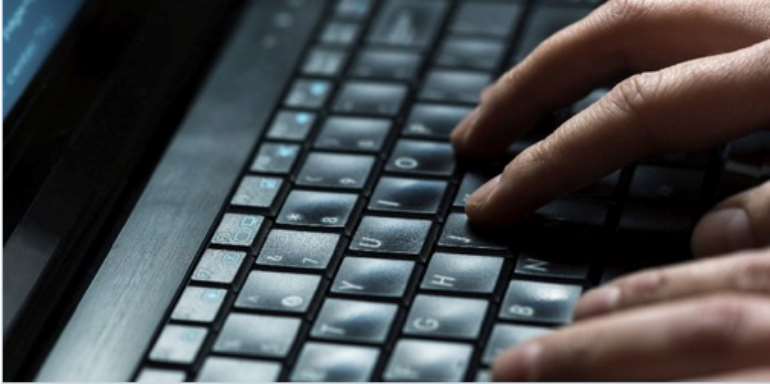Internet Safety Education: The Greatest Weapon Against The High Rate Of Internet Abuse & Cyber Crime In The Society !

The human life has become very interesting with the introduction of the internet, social media, smart phones, iPad and other High Tech devices.
With this development, there is no doubt that the first thing we view in the morning and the last thing we view at night is our mobile phone or computer.
However as good as the internet is, we must be informed about the dangers of abusing it, being addicted to it or being defrauded through it.
As far as internet abuse and cyber crime are concerned, we are all vulnerable in one way or the other and the best way we can reduce our vulnerability is to be educated about internet safety irrespective of our age, sex, status, profession or academic qualification.
What is internet safety?
Internet safety refers to precautions that should be observed when using the internet in order to ensure the safety of the user's personal or sensitive information, properties, life etc.
Here are some important tips to help protect ourselves against the range of internet abuse and cybercrimes in our society.
1. Use strong passwords. The stronger your password, the tougher it is to crack by cyber criminals. Make sure your password is long. Use at least 14 characters & mix letters, numbers & special characters.
2. Change your password from time to time because you may not know if a cyber criminal is monitoring your password.
3. Keep your browser & other programs updated. If you are not updating on a regular basis, your internet device may continue to be vulnerable.
4. When you receive an email in your inbox that has an attachment or a link, don't download the attachment or follow the link unless you are 100% sure it is legitimate. Cyber criminals send unsolicited emails with infectious or malicious attachment on daily basis & many unsuspecting victims have ignorantly downloaded such malicious attachments and their private & sensitive information were stolen e.g. username, password, credit card information, personal identification number, bank account details etc.
5. Avoid sharing your private & sensitive information online. This is because cyber criminals can often get your personal information through any online platform, so the less you share publicly, the better.
6. Avoid using public Wi-fi. e.g. cyber cafe, hotel, restaurant, banks, colleges, airport etc. This is because most public Wi-fi are easy to hack by cyber criminals. It is also very easy for cyber criminals to monitor any internet user in public places through the CCTV attached to their devices.
7. Talk to your children about internet safety so that they don't ignorantly disclose your personal & sensitive information to internet fraudsters. Most children that are on social media are the targets of cyber criminals & many children have ignorantly divulged their parents' personal & sensitive information to cyber criminals.
8. When you receive an email warning you of some major consequences if you don't take action immediately, be suspicious of such email. e.g. when you are warned that your bank account will be closed or that that unauthorized charges have been deducted from your credit card, utility bills, online mobile recharge etc.
9. keep your travel plans off social media. Most cyber criminals get their victims' information through the social media.
10. Conclusively, knowledge is your greatest weapon against cyber criminals. Make sure you always contact experts or counselors on cyber crime & other related matters so that they can educate you about the common tricks of cyber criminals. This is very important because as technology advances, new fraud schemes are being developed on daily basis by cyber criminals.
Rotimi Onadipe Tel: +234-8169121819 Email: [email protected]
